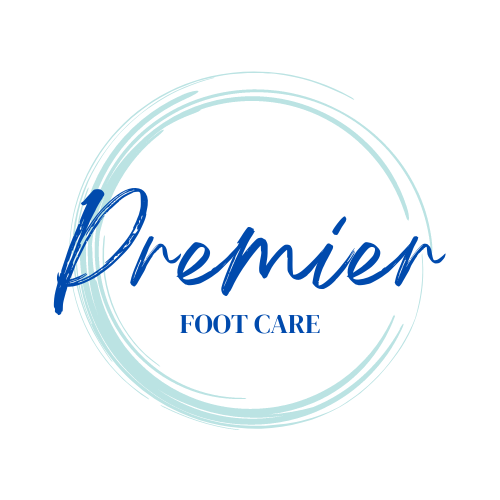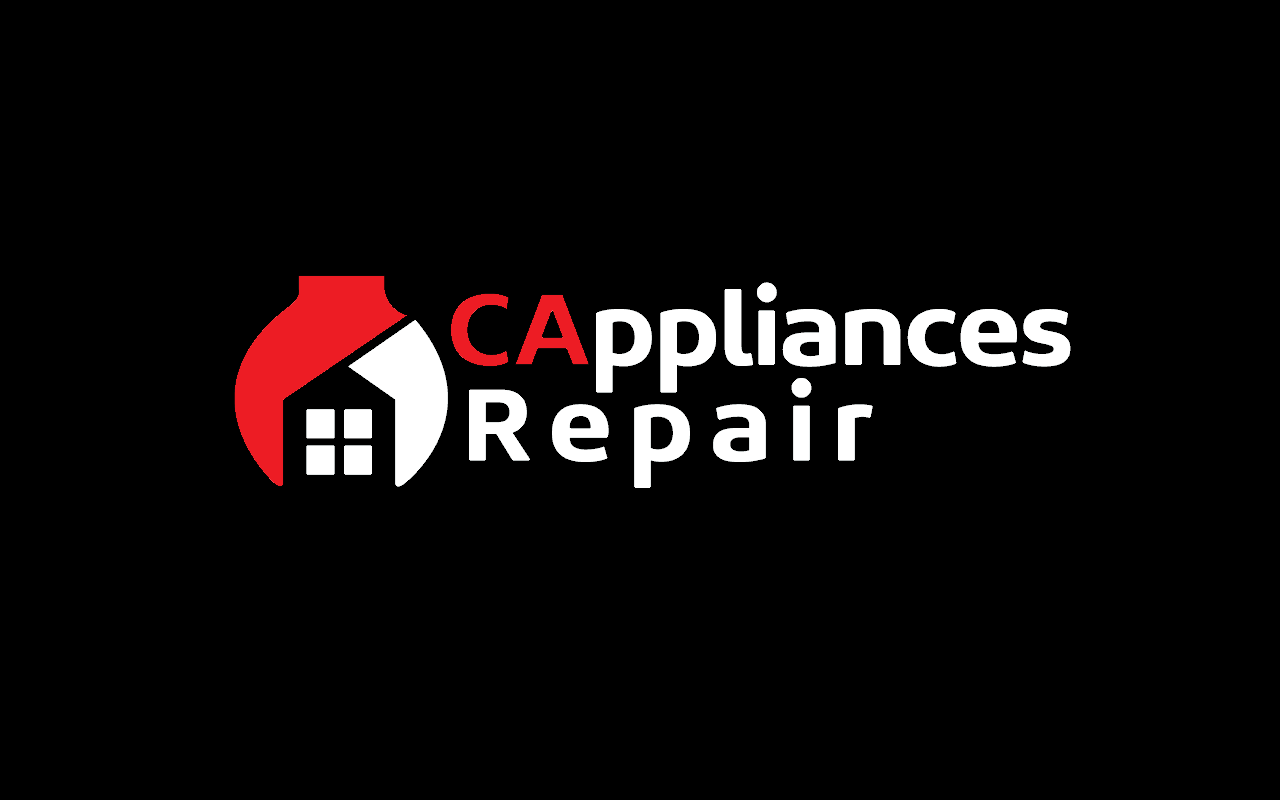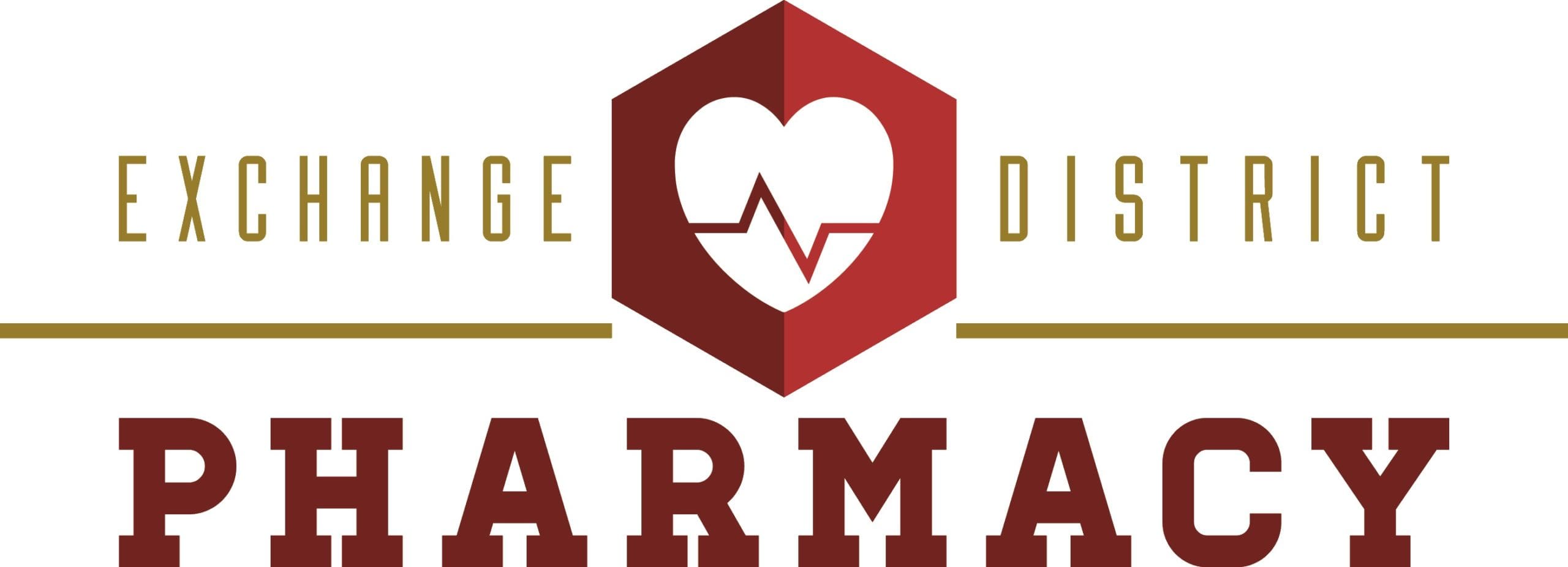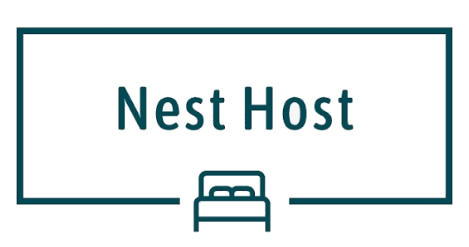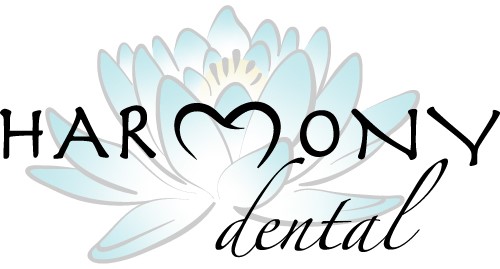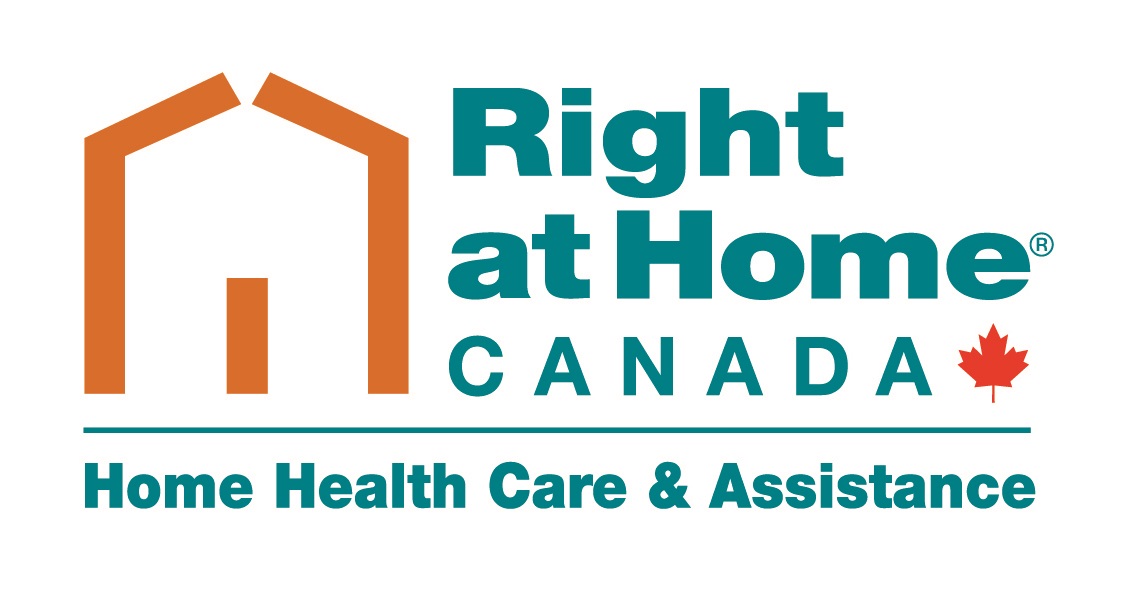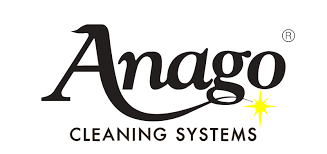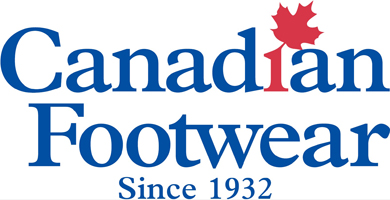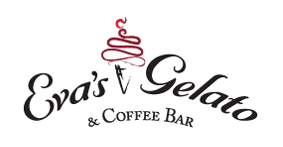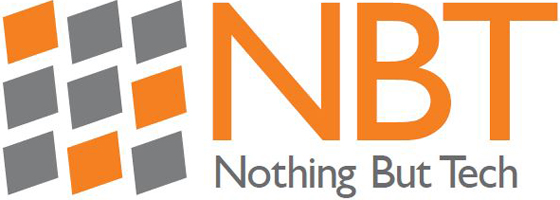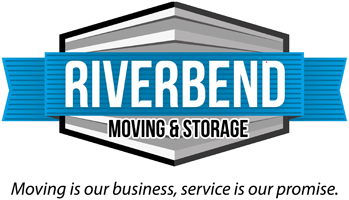FAQs
It is a requirement that every applicant see an apartment for rent before submitting an application. However, if you don’t live in Winnipeg, that is not always possible. Call our leasing agent at 204-956-2739 and we will do what we can to help find you an apartment to rent.
You can! We accept online payment using your debit card, credit card* or banking information through our resident portal. We also accept post-dated or monthly cheques, money orders, Interac, and cash payments at our office.
*Our resident portal accepts credit cards as a method of payment (Visa and Mastercard only), however credit card payments can not be made in our office and payments made by credit card in error cannot be refunded to your card and must be issue by cheque.
We do. Please contact our office at 204-956-2739 for details on what is required in order for us to accept and process your application.
Yes, Towers Realty Group does manage a number of pet friendly apartments. When you do a search for apartments for rent, simply select pet friendly as an option.
We do! Towers Realty Group offers a referral bonus at all of our properties.
If you are a resident in good standing, you can receive a $250 referral bonus in the form of a $250 rent credit for every successful referral you make.
The referral bonus does not apply to sublets or assignments.
Simply fill out a referral bonus form and send it with your friend when they apply for their suite.
Students are welcome to apply for any of our apartments for rent, as long as they meet the minimum requirements.
In addition, if you are a student, you will need to:
- provide proof of enrollment (which must include your name and name of your school)
- provide verification of income
- include a guarantor application along with verification of income for your guarantor
International students will also be required to provide photocopies of their valid passport and visa.
Towers Realty Group will not rent a suite to a new tenant if we know it has bedbugs.
There was a time when bedbugs were extremely rare in Manitoba. But that time is passed, and bedbugs have made their way north.
The reality of the situation is that bedbugs can be found in any style of apartment building, in any neighbourhood. And beyond – bedbugs have been reported in office buildings, movie theatres, and retail stores.
The good news is that pest management companies have gotten extremely efficient at exterminating the bugs. Proper treatment can clear up the problem in a matter of days, but does require a level of resident cooperation.
- Find an available apartment in Winnipeg, Brandon, or Selkirk, and contact the caretaker or leasing agent for the building.
- View the apartment for rent. Viewing the apartment before you rent it ensures that when you do apply, it’s for the right suite and there are no surprises.
- Apply online (select building from online search) or fill out an application form and bring it to our head office. When applying, you must provide:
- – separate application for each adult occupying the suite;
- – government issued photo I.D.;
- – reference and credit inquiry consent form must (for each adult applying)
- – proof of income or ability to pay the rent
- A residential leasing administrator from our office will contact you within three business days to let you know the status of the application.
- If your application is approved, you will be notified that the landlord wishes to enter into a tenancy agreement with you, at which time you will be required to pay a security deposit in the amount of ½ of one months’ rent. Your first months’ rent must also be paid in full prior to occupancy.
- After that, get in touch with your caretaker to schedule a walk-through and move-in date, then get packing!
Towers Realty Group requires our applicants meet minimum requirements for approval. We are hired to manage properties on behalf of property owners, and have a responsibility to ensure that we do our due diligence in approving applicants. Our minimum standards are set to ensure that all applicants we approve will be tenants in good standing once taking up residence in their new home.
The approval process consists of:
- An Equifax credit check;
- A review of the applicants rental history on file with the Residential Tenancies Branch and the Manitoba Court of Queen’s Bench;
- A reference check with previous landlords;
- Verification of an applicants income.
Towers Realty Group recommends that an applicant not allocate more than 35% of their total gross income to rent at any of our properties. Exceptions can be made on a case-by-case basis, and all additional forms of income may be taken into account when determining your household percentage of income to rent ratio.
Call your caretaker. Our caretakers can handle most issues that arise. For larger issues, they will refer the matter to your building’s Property Manager who will then get our maintenance team involved.
You can also request maintenance online through our resident services portal. Once you have registered, you can use the portal to request maintenance, plus pay rent, download forms, and keep up to date on what’s happening in your building.
Towers offers move in bonuses on select apartments for rent throughout the year. These promotions are typically limited time offers, and are subject to change or may end at any time, and are only valid when posted on our website.
Move in bonuses are available to new residents only, and are not applicable to assignments, unit transfers or moves within the same building. Tenants in good standing moving from one Towers Realty Group apartment to another are eligible. Move in bonuses cannot be combined with any other offer or promotion, and are not applicable to sublets or assignments of tenancy.
Move in bonuses are applied as rent discounts, and tenants will receive the bonus in one of the following ways:
a) receive a credit on their account in the amount of the move in bonus in the case of bonuses advertised as a dollar amount, or;
b) receive a credit on their account in the amount of one or more months’ rent and parking as advertised (as noted on their lease) in the case of a bonus advertised in months’ free.
Move in bonuses are applied automatically upon the signing of a new lease. In the case of a bonus advertised as one or more months’ free rent, tenants will receive credits for rent and parking charges listed on their lease. Additional rental items such as month to month parking spaces or locker rentals are not included.
In the event that a building’s operating costs exceed the guideline amount set by the Residential Tenancies Branch (RTB), the landlord may apply for an above the guideline increase.
This may happen for a number of reasons, but the most common is when significant work above general maintenance is done to a building – whether it be functional (roof replacement, masonry work, air handling systems), or cosmetic (suite rehabs, common area renovations).
In order to apply for an above the guideline increase, the landlord must show that their operating expenses have exceeded the amount of the guideline increase, and submit corresponding documentation to the RTB along with their application. At this point, the RTB will notify tenants that an above the guideline application has been made, giving you the opportunity to review the landlord’s application. You can at that point submit comments to the RTB, which they will consider alongside the application.
Whenever Towers Realty Group applies for an above the guideline rent increase, we strictly follows RTB rules and regulations to ensure that all rent increases are properly administered and as fair as possible.
If you do object to an approved rent increase, you must contact the RTB in writing at least 60 days before the effective date of the increase. The RTB allows objections on the grounds that the landlord hasn’t incurred increased expenses, has removed services or facilities, is not maintaining the unit or building, or that the landlord is not meeting their obligations laid out by the lease agreement or the Residential Tenancies Act.
Sometimes, the increase allowed by the RTB is more than we feel comfortable charging. In that case, we will apply a rent discount to bring the rent the tenant pays down.
You are always welcome to contact us regarding any questions or disagreements you may have. Towers Realty Group places great importance on treating our residents with respect, and strongly believes that transparency and open communication is one way to do this. However, if you feel a conversation with us isn’t sufficient, you can contact the Residential Tenancies Branch (RTB).
The RTB exists to help both tenants and landlords navigate the legislation that governs the rental industry in Manitoba.
The RTB can help you by providing information on important matters, and mediating disputes between tenants and landlords. The RTB provides information on your rights and responsibilities as a tenant, and will investigate problems and hold hearings to make decisions and issue orders on certain issues.
It is your right as a tenant in Manitoba to contact the RTB if you feel you aren’t being treated fairly. For more information, you can visit their website at gov.mb.ca/cca/rtb.
Call the 24-hour emergency phone line at 204-956-2739 in Winnipeg and Selkirk, and 204-724-0810 in Brandon and follow the prompts.
Towers Realty Group provides a 24-hour emergency phone line. In the case of an after-hours emergency, like no heat in the winter months, floods, fires, etc., call the emergency line. Please be sure to call only in the case of an emergency, as a service charge of $50 may apply to non-emergency calls.
In the event of a fire, please call 911 first, if necessary, and only call the emergency line when it is safe to do so.
The first thing to do is let your caretaker know as soon as possible. We’ll get our pest management partners to do an inspection, which may involve setting traps to get an idea of the level of infestation.
If necessary, the exterminator will also inspect adjacent suites. Once the level of infestation is determined, residents will be required to prepare their suites for treatment. A checklist will be provided with as much advanced notice as possible, and then exterminators will treat the suite using a combination of vaccuuming, steam treatment, and pesticides. They will then do a follow-up inspection to see if further treatments are needed.
Treating a suite for bedbugs is legally the landlords responsibility, and it is one that we take very seriously to avoid the spread of pests through a building. But the treatment also relies heavily on cooperation from tenants. If tenants refuses to cooperate, the risk of infesting other units increases. If a landlord incurs greater costs due to uncooperative tenants, they do have the right to terminate the tenancy and file a claim against the tenant for the costs. The matter would be referred to the Residential Tenancies Branch.
Nobody wants bedbugs in their home, and it’s in everybody’s best interest to remain vigilant and cooperative to stem the spread and impact of bedbugs.
We do accept first time renters, but if you have no rental history, you may need a guarantor.
Base rent is the maximum amount of rent that landlords can charge on a unit. We may feel that the amount of the base rent is above what the market can support, so we will apply a discount to the rent.
Rent discounts are reflected in your lease, and cannot be changed during the term of your lease, but are subject to change at renewal. Rent discounts are separate from move in bonuses and referral bonuses, so they can be combined with either bonus.
Some background: The apartment rental industry in Manitoba is governed by a provincial entity known as the Residential Tenancies Branch (RTB), which is responsible for enforcing the Residential Tenancies Act (the act of legislation that governs residential rentals in Manitoba).
The RTB sets the maximum allowable rent (base rent) for all apartments. Rent discounts are decided by the landlord.
We can verify income in a number of ways, including:
- Confirmation of employment on company letterhead stating gross income and length of employment
- A Notice of Assessment from Canada Revenue Agency
- Copies of bank statements
- Paystubs
Guarantors are required to have been employed for at least 4 (four) years and have an annual income of $35,000, plus be a resident in Canada. If a guarantor is retired or self-employed, a copy of their most recent notice of assessment from CRA is required.
When you sign a guarantor agreement with Towers Realty Group, you are promising to pay any and all amounts owing by the person you are a guarantor for, including outstanding rent, administrative charges, and damages. The Guarantor Agreement will continue with each subsequent lease renewal until cancelled.
Pets are only allowed in properties designated as pet friendly. Towers’ pet policy is designed to provide standards to ensure the best possible environment for all residents and to ensure the responsible care for all pets.
When moving into a pet friendly apartment with a pet, or when adding a pet to a pet friendly apartment after you’ve moved in, you must provide a signed copy of the pet registration form and an initialed copy of the pet policy.
Towers Realty Group works on behalf of building owners to ensure that residents meet the minimum requirements for tenancy. Obviously, the ability to pay rent is an important requirement.
If there is question about a potential resident’s ability to pay rent, we will require a guarantor. The most common reasons for needing a guarantor are:
- no rental history
- student
- credit issues flagged in credit check
- does not meet minimum income requirements (rent exceeds 35% of gross monthly income)
Rent increases are the result of increasing costs involved with operating a building.
The Manitoba Government allows for a rent increase to happen once every 12 months. Tenants must be given three months prior written notice of a rent increase.
The amount of the increase is approved by the Residential Tenancies Branch (RTB). Each year, the RTB will set a rent increase guideline amount, tied to the consumer price index as published by Statistics Canada.
In the event that a building’s operating costs exceed the guideline amount the landlord may apply for an above the guideline increase.
Are you in need of storage? If you are in-between homes, live in an overfilled house or need to hide away those seasonal goods, a Towers Self Storage unit will solve all your Winnipeg storage needs.
Learn more at Towers Self Storage





.png)



